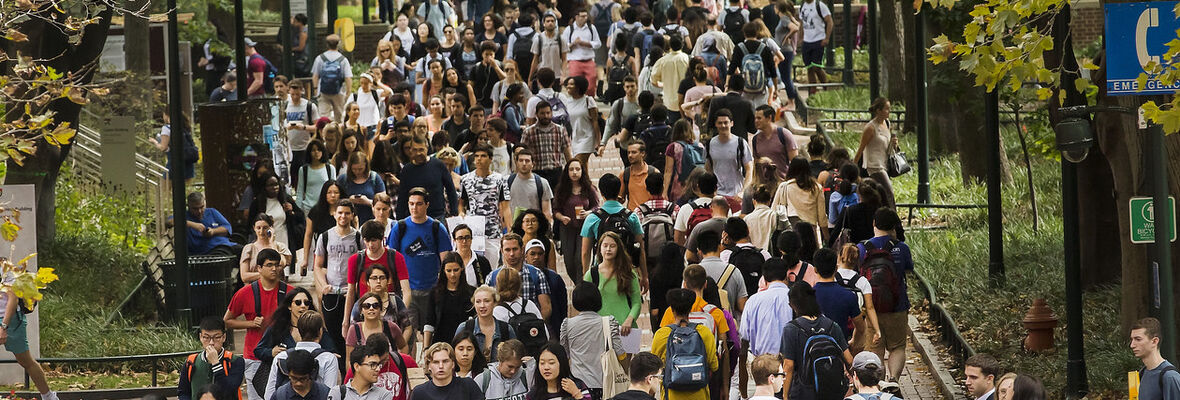Jeffrey Field, PhD
Research and Teaching Interests
Systems Pharmacology of Ras signaling in cancer:
Mutations in genes called oncogenes lead to the uncontrolled growth that is the hallmark of cancer. Oncogenes express proteins that regulate signaling pathways essential to the tumor cell. We study the Ras oncogene, one of the most commonly mutated oncogenes. Mutational activation of Ras causes changes in three basic properties of cells. These are: (1) increases in cell proliferation to stimulate growth, (2) reorganization of the actin cytoskeleton to promote invasion and metastases and (3) inhibition of apoptosis to prevent tumor cells from undergoing programmed cell death. Previously, we studied Ras signaling in tumors focusing on the role of Pak kinases, providing the first proof-of-principle that Pak kinases are targets for new targeted therapies. Indeed, numerous companies and academic groups are developing small molecule inhibitors of Pak. More recently we developed a systems approach to study Ras tumors using genomics, high throughput screening and siRNA screening. Ongoing studies are validating lead compounds and genes identified in screens as well as developing new screening platforms. Despite some successes in targeting other oncogenes, Ras is mostly un-druggable and our screens promise to identify targets and validate drugs against Ras in several cancer models. Link to Pak review
Cytoskeletal signaling pathways:
We discovered a family of proteins in yeast known as cyclase associated proteins (CAP). In yeast, they are required for Ras signaling, but in mammalian cells, they participate in cytoskeletal signaling. Current studies with CAP use in vivo models to study CAP2 function in cardiac physiology and signaling. link to Xiong et. al. link Gurunathan et. al.
Mechanisms of environmental toxicology:
We also use a systems approach to study environmental toxicology. Past work linked one of the most potent carcinogens in tobacco with the most widely reported stress in smokers—oxidative stress. link to Bushong et. al.
I direct two graduate courses (Pharm 623 and Pharm 495(Chem 495). Pharm 495 teaches high throughput screening using a hands-on approach to systems cancer biology. Students from this course contributed to our Pharmacomb project. link to Lee et. al. citing this database
Community outreach:
I also direct the TREES summer program for High School students and the STEER summer program for college students, two community outreach programs that provide mentoring opportunities for graduate students.


